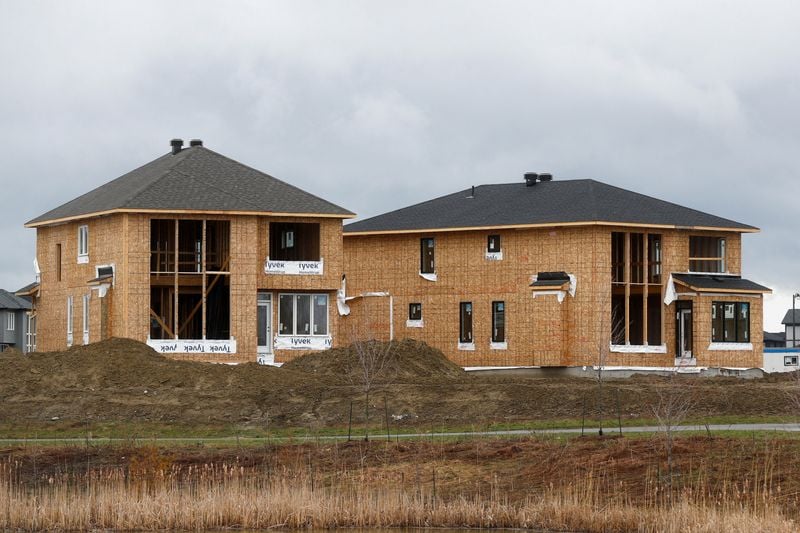(Reuters) - Canada on Sunday announced a two-year extension to a ban on foreign ownership of Canadian housing, saying the step was aimed at addressing worries about Canadians being priced out of housing markets in cities and towns across the country.
Canada is facing a housing affordability crisis, which has been blamed on an increase in migrants and international students, fueling demand for homes just as rising costs have slowed construction.



Has there been any data on whether the approach is working?
Assuming price is driven by supply and demand this definitively would reduce demand (unless foreigners are not buying), another thing that should also be done is to ban corporations from purchasing homes.
My bigger question is why haven’t construction companies been able to pick up the slack. Anyone working in that field should be making a killing right now
AFAIU contribution companies are already working to capacity. Canada has a significant shortage of skilled trades, so that’s a limiting factor.
Another factor (that politicians have been much more vocal about) is the planning process that construction companies have to comply with when building new developments or infill.
EDIT: and the relatively high interest rate makes it hard to get financing.
It’s my understanding as little as a year ago raw materials were also still suffering a shortage, though I’m not sure that’s the case now.
They are. I have had multiple contractors tell me they don’t want to even bid on building my back-house because I live on a different side of town. They are turning down $50k jobs because they are at capacity in their neighborhood without having to fight traffic getting to mine. And we’re only talking 15 miles here.
And my general construction go-to guy has almost tripled how much he charges for small jobs.
Yep I’m sure that was the theory. Was just curious if anyone had been checking on how it’s going in practice.
This is the official answer :
> In an email, the Canadian Mortgage and Housing Corporation (CMHC) said 2023 data from the Canadian Housing Statistics Program is not yet available to determine the ban’s full effect.
Personally speaking I don’t think it’s suppose impact prices much. In fact they were so concerned about it they started adding in exemptions almost right afterwards.
In itself there is a lot of Canadian wealth tied to housing so unless there’s some magical situation where affordability happens in a vacuum people will fight hard to against any policy that hits their wallets. My proof for this is that in 2021 when we had a election 80% of people decided that having the two parties that brought us through decades of housing costs going up was who they wanted to run the country.